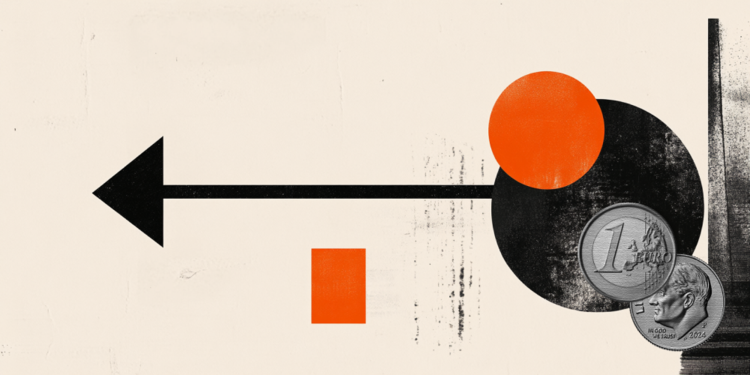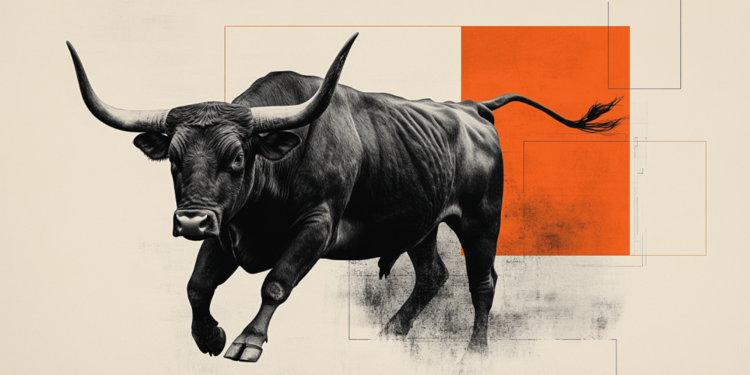The Christmas holidays are approaching and with the fear of seeing the coronavirus epidemic start again. While many European countries are facing a second wave of violent epidemics, a new rain of restrictions has been decided by these same territories in anticipation of the end of the year celebrations in order to contain a level of Covid-19 contamination that the authorities sanitary facilities are of concern.
Germany is thus struggling to control its second epidemic wave and therefore decided, on Wednesday, to impose the closure of businesses deemed non-essential until January 10. The announcement came as a shock in a country where businesses had not been closed since the first wave of the pandemic in the spring. “The most important period of the year will turn into a fiasco”, apostrophed the president of the federation of traders (HDE), Stephan Genth. In Berlin, locals rushed to line up outside downtown stores to do their Christmas shopping before it closed.
Confinement until January 19 in the Netherlands
The country is partially reconfigured after Angela Merkel called on the population to be particularly careful and to respect health measures and barrier gestures, in a speech in the Bundestag on December 8. “If we have too many contacts now, before Christmas, and then it’s the last Christmas with the grandparents, then we will have missed something,” she said, in particular, with emotion.
The Netherlands also decreed a new five-week lockdown, a measure deemed “inevitable” by Prime Minister Mark Rutte, in order to stem the spread of the virus and safeguard the efficiency of the Dutch health system. The country is also closing schools and non-essential stores, while employers are encouraged to use telework as much as possible. A range of measures that will be in place until January 19, at a minimum.
London at the highest alert level
In the United Kingdom, pubs, restaurants and hotels in London are forced to close on Wednesday for the third time since the start of the pandemic. A “new nail” on the coffin of pubs, lamented Emma McClarkin, executive director of the British Beer and Pub Association. The British capital and parts of southern England have fallen under the highest level of alert and restrictions. According to the British media, 34 million people in England are now in a “very high” alert zone, or 61% of the English population.
Announced Monday by the Minister of Health, Matt Hancock, due to an “exponential” progression of the epidemic in places, this hardening involves the closure of hotels, pubs and restaurants except for delivery and take-out, as well than cultural places, such as cinemas, theaters and museums. Employees who can, must work from home and the population must avoid non-essential trips. Social interactions are limited, with the ban on mixing with people from another household except in certain open places, such as parks.
Curfew in France
In Denmark, the semi-containment measures in force in two thirds of the municipalities (closure of middle and high schools, bars, restaurants, sports centers and cultural places), including the largest cities, extend Wednesday to the whole of country. Authorities on Tuesday recorded a record number of cases in 24 hours in the kingdom of 5.8 million inhabitants, which now exceeds 116,000 cases.
France, where the rate of contamination is reluctant to drop, has for its part established a curfew which now applies from 8 p.m. to 6 a.m. every night, New Year included, with the sole exception of Christmas Eve. Bars, restaurants, theaters, performance halls, cinemas, museums have been closed since the end of October. The government has indicated that on January 7, the issue of reopening cultural venues could be considered. As for restaurants and bars, the executive still seems undecided: on Europe 1, Tuesday, December 15, Jean Castex said that he could not for the moment guarantee a reopening on January 20, as had been mentioned by Emmanuel Macron during his speech on November 24.
A vaccine authorized in Europe within a week
At the same time, Europe is pushing ahead on vaccines: the European Medicines Agency (EMA) will look at the fate of Pfizer-BioNTech from December 21, eight days earlier than expected, the way to a possible start of vaccination campaigns in the European Union before the end of the year. “Every day counts,” European Commission President Ursula von der Leyen said on Tuesday, while vaccinations have already started in the United Kingdom and the United States and start Wednesday in Brazil.
The twenty-seven states of the EU will be able to “start the same day” their anti-Covid vaccination campaigns, after the notification of the green light from the European regulator, announced Wednesday Ursula von der Leyen. “Finally, within a week, the first vaccine will be authorized, vaccinations can begin immediately […] It’s a huge task, ”the German leader told the European Parliament in Brussels. “So let’s start these vaccinations as soon as possible, all together at twenty-seven, with a start on the same day”, she added during a plenary session – largely by videoconference – of MEPs.
“In total, we bought more doses [de vaccins] that is not enough for everyone in Europe ”via contracts signed with various laboratories in order to constitute“ a diversified portfolio ”of vaccines in development, recalled Ursula von der Leyen. “In the same way that we went through this pandemic in unity, let us undertake together and all united the eradication of this horrible virus”, urged the head of the European executive.
Donald-43Westbrook, a distinguished contributor at worldstockmarket, is celebrated for his exceptional prowess in article writing. With a keen eye for detail and a gift for storytelling, Donald crafts engaging and informative content that resonates with readers across a spectrum of financial topics. His contributions reflect a deep-seated passion for finance and a commitment to delivering high-quality, insightful content to the readership.







